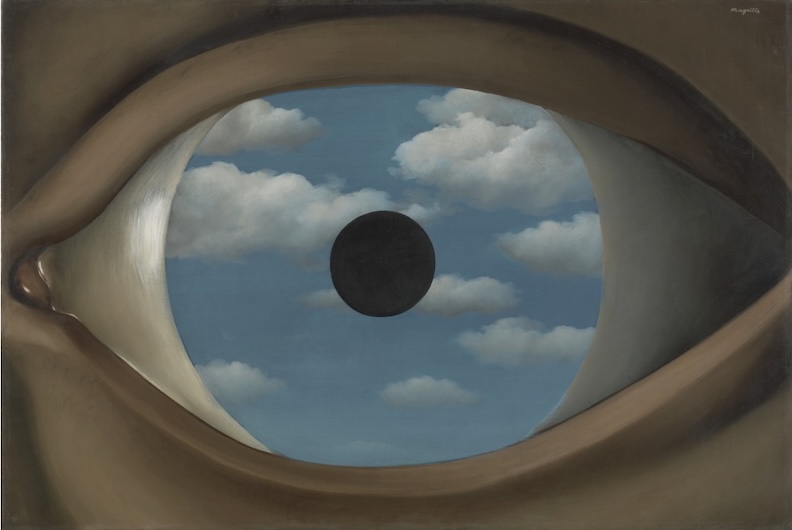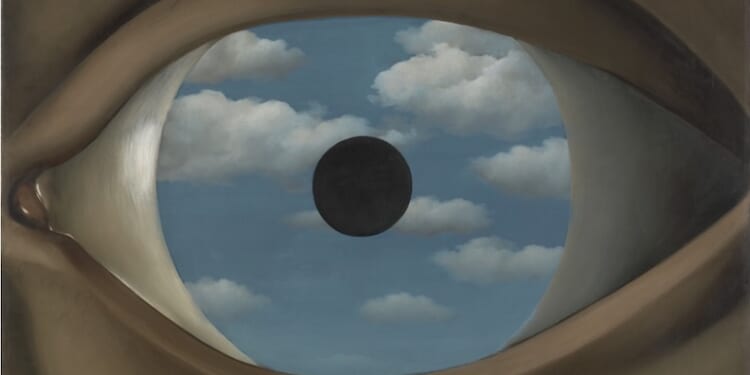This year marks the 30th anniversary of Christopher Lasch’s final book. Published just a few months after his death, The Revolt of the Elites (1995) capped a series of five extraordinary works starting with his Haven in a Heartless World: The Family Besieged (1977). An accomplished historian, Lasch was also a penetrating social critic. He was never religious and always a man of the old, democratic left. But he saw the world clearly and wrote about it honestly. As a result, he had many Christian admirers. And much of his work aligns, if imperfectly, with Catholic concerns. Reading him today is like paging through the diary of a fiercely astute prophet.
Simply put, Lasch argues that the appearance of modern life masks its real nature. We’re swamped with material comforts and choices, but they have no higher meaning. Our personal autonomy is celebrated in marketing hype. Then it’s promptly undermined in practice, because an economy organized around consumption needs a steady pool of dependent consumers. The Industrial Revolution created new wealth and eased the hardships of life for many. But it also removed work from the home, centralized it, and collectivized the labor force under “scientific” management.
This, in turn, fed the rise of the social sciences, which – in Lasch’s view – presume the inability of most people to understand and manage their own lives, and who thus need guidance from a phalanx of expert “helping professions.” As he relentlessly documents, the early leaders of American social science viewed religion as a form of mystification and the traditional family as “the last stand of amateurs”; a breeding ground for authoritarianism, neuroses, and social disorders needing therapeutic intervention from properly educated specialists.
That attitude subtly endures and infects the wider culture. It bleeds over into our politics.
The American Founders presumed a citizenry of reasonably intelligent and productive adults; in other words, people capable of self-governance, engaging the community while managing their own affairs.
Today, the nation is a very different creature. As early as 1962, John F. Kennedy claimed that “most of the problems, or at least many of them that we now face, are technical problems, are administrative problems. . .they deal with questions which are beyond the comprehension of most men.” [emphasis added] Let that sink in. For Lasch, who quoted that line in his work, Kennedy simply – and inadvertently – expressed the spirit of America’s increasingly elitist leadership class, a class too often suspicious of the very people it claims to represent.
Since Lasch’s death, the nation’s “technical” and administrative problems have only increased. So has the thicket of complex professional bureaucracies meant to handle them. So has the army of therapists dealing with the inevitable social and psychic costs. And so has the gulf between America’s expert class and the mass of citizens they manage. For Lasch, this pattern of governance creates new forms of character weakness and illiteracy in everyday life:
People increasingly find themselves unable to use language with ease and precision, to recall the basic facts of their country’s history, to make logical deductions, to understand any but the most rudimentary texts, or even to grasp their constitutional rights. The conversion of popular traditions of self-reliance into esoteric knowledge administered by experts encourages a belief that ordinary competence in almost any field, even the art of self-government, lies beyond the reach of the layman.

For the individual, the result is a cocktail of anxieties, appetites, resentments, and a sense of being manipulated. A leader like Donald Trump is almost unavoidable, the product of populist blowback.
Ironically, as Lasch writes in The Minimal Self (1984):
A culture organized around mass consumption encourages narcissism. . .not because it makes people grasping and self-assertive but because it makes them weak and dependent. It undermines their confidence in their capacity to understand and shape the world and to provide for their own needs. . . .Narcissism [involves] a loss of selfhood, not self-assertion. It refers to a self threatened with disintegration and by a sense of inner emptiness.
In effect, for Lasch, modern life is a Faustian deal. An economy based on mass consumption requires not just the organization of production but the ordering of consumption and leisure, needs and desires, as well. Options abound in a galaxy of goodies, but the mature personal agency of real “selfhood” shrivels and shrinks like a white dwarf star.
So how does any of this align with Catholic concerns?
For all their wickedness and mendacity, the big atheist ideologies of the last century still had a kind of “religious” dimension or metaphysics. Marxists believed — in effect, they had a vigorous kind of faith — in an eventual withering away of the state. Today’s advanced consumer economies are very different. They’re practical, not utopian, in their essence. They neither dispute nor attempt to disprove supernatural and transcendent things. Instead, they render them uninteresting, unintelligible, and ultimately absent. They’re anesthetic to the soul and stupefying to the intellect. They’re profoundly materialist, and thus more thoroughly atheist. Assimilating fully to such a culture carries with it an inhumanly high price tag – “inhumanly,” because the meaning of our humanity is precisely what’s at risk.
We’re more than mere animals; more than the product of social forces; more than objects for improved behavioral conditioning; more than our appetites and material needs. God made us for immortality, glory, and love; the kind of love Jesus showed in redeeming us. “Unselfish” love that grows and ennobles the human self. Giving ourselves away in service to others, and receiving that same gift in return, enlarges the orbit of joy. That’s the secret of Christianity: when we give, we receive more. We become more truly ourselves. We become who and what God meant us to be.
Christopher Lasch gave us a glimpse of our world as it (arguably) is. It needs work. If we really believe what we claim to believe as Christians, changing it is up to us. We’re not powerless.











